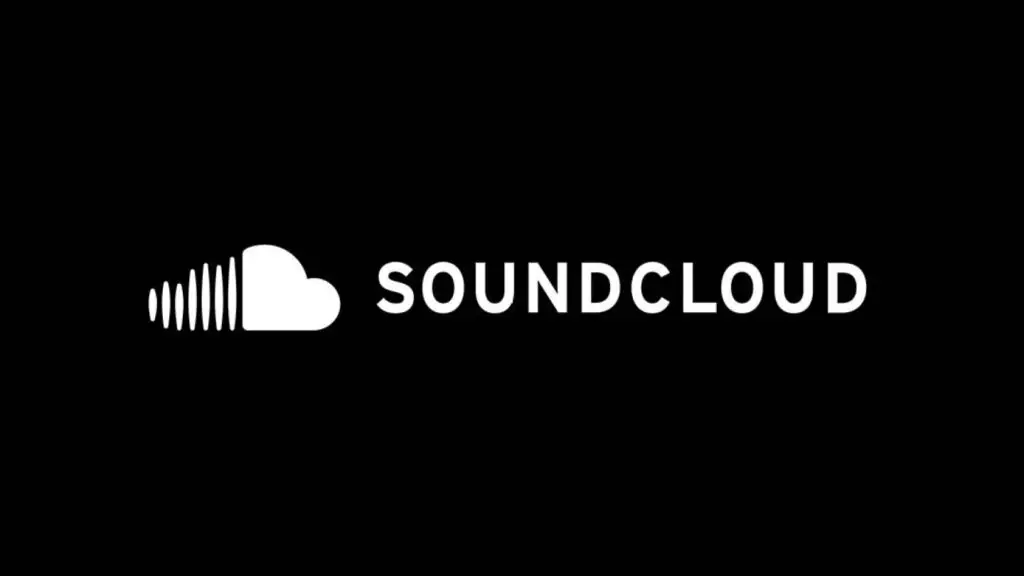SoundCloud Updates Terms of Service Amid AI Policy Criticism
SoundCloud has revised its terms of service shortly after facing backlash from musicians and advocacy groups regarding its artificial intelligence training policy.
CEO’s Clarification on AI Use
In an open letter published on Wednesday, SoundCloud’s CEO Eliah Seton reaffirmed that the platform “has never utilized artist content to train AI models.” This statement mirrors an earlier comment made by a SoundCloud representative to The Hollywood Reporter.
Commitment to Artist Content
Seton emphasized, “Not for music creation, language models, or anything intended to replicate or replace your work. Period.” He clarified that SoundCloud does not develop generative AI tools nor permit third parties to access artist content for such purposes.
Initial Policy Changes and Backlash
The recent criticism stemmed from a policy update in February 2024, where users were informed that their content could be used to train AI technologies. Musicians expressed concerns that this would allow their work to be utilized in generative AI models, prompting a reevaluation.
Addressing Confusion with New Language
In his letter, Seton acknowledged that the language of the previous update was “too broad and unclear,” which led to misunderstandings about how AI might be utilized on the platform.
Promising Artist-Centric AI Use
SoundCloud plans to amend its terms, stating it will not use content to train generative AI without explicit consent from the artists involved. Seton noted that if opportunities arise to leverage generative AI for artists’ benefit, they would do so with the artists’ clear consent through an opt-in process.
Ongoing Industry Concerns
SoundCloud’s actions come amid widespread debate about the role of AI in the music industry, especially following the recent departure of copyright register Shira Perlmutter. Although the revised terms attempt to mitigate concerns, some critics like Ed Newton-Rex from Fairly Trained argue that the changes do not fully address the issue of competition posed by AI models trained on artists’ work.



